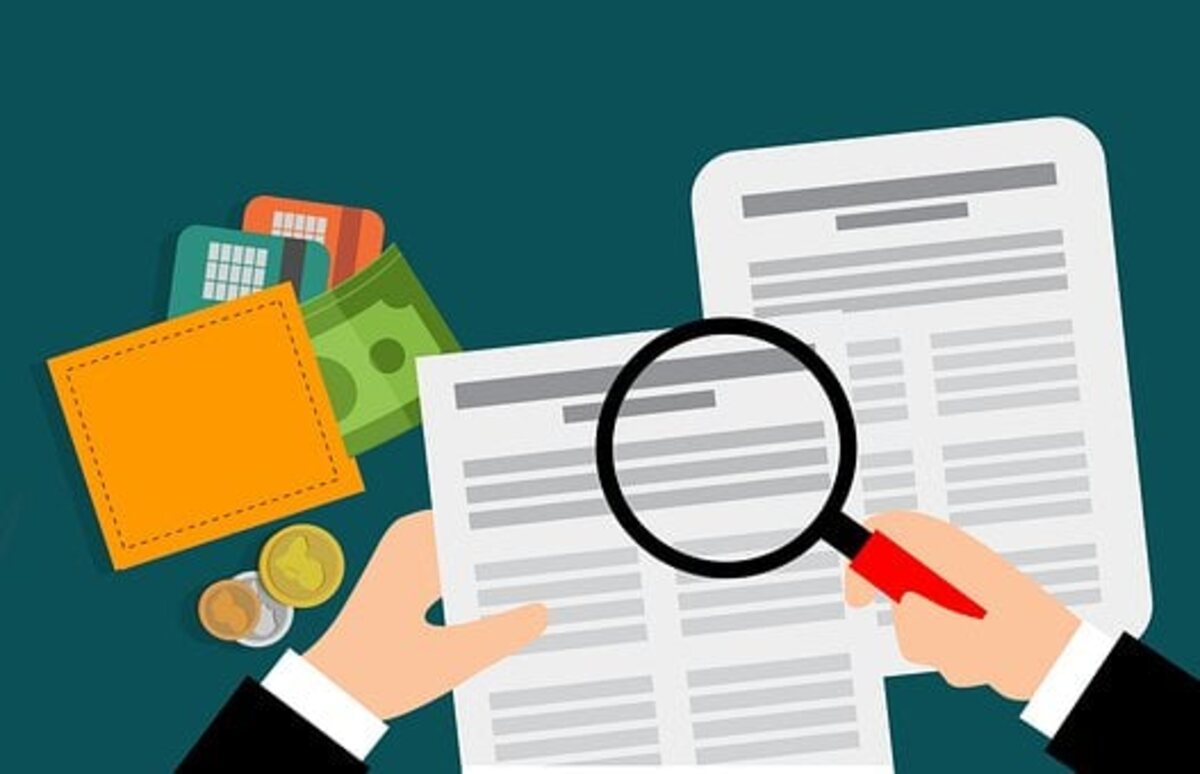Why You Should Have a Personal Financial Statement and How to Prepare One
What are you worth? Many self-made company experts stress the significance of generating a personal financial statement to help the entrepreneur track their income and change in net worth, most notably Robert Kiyosaki in his best-selling book “Rich Dad’s Prophecy.” Personal financial statements typically include a cash-based income statement and a net worth view. If you operate your own company or work as an independent contractor, you should already be keeping track of your income and expenses. You might do this using a program like Quicken or Mint as you will, at the very least, require these programs to file taxes. You can provide yourself with a reliable tool to comprehend if you’re getting richer or poorer and why by creating your statement of net worth along with it. Please continue reading to learn why and how to generate personal financial reports and why they are such practical tools.
The top five reasons to create personal financial statements at least once a year are as follows:
All of your investments may be tracked in one spot. If you’re anything like me, your 401(k), your wife’s 403(b), your IRA, plus a few other assets in comic books, vintage chamber pots, and real estate in developing nations are all listed separately on your financial statements. Each year, I prefer to combine their values into a single financial report to see how my portfolio is doing. In this way, if I am murdered in the middle of the night by anti-capitalist accountant haters, my wife will have a list of our assets, or if I survive, I can determine whether we need to diversify the family portfolio by buying, for example, futures on cocoa beans or artwork created by obscure Midwestern celebrities.
Should anyone wish to view them. Some people would be very interested in seeing what your resources are and how responsible you are in managing them, for instance, if you are applying for a loan with the Small Business Administration if you are about to take on a business partner, or if you are engaged to be married and are about to ask your future father-in-law for permission.
To investigate the origin and destination of the money. This is a critical examination of the statement’s income side. I enjoy categorizing my spending and comparing the amount I spend in each category from one year to the next. Thus, if I see a significant rise in a particular area, like “Wife’s Boyfriend,” I can stop the excessive spending before it spirals out of control!
It might serve as the foundation for creating goals or the budget for the following year. We need the money by August because my wife and I are saving to buy a property in Costa Rica. We estimated the amount of money we would typically have by using this year’s budget, and then we adjusted (she and I worked more, and we all tightened our belts) to get to the required amount. Without this knowledge, we would be flying blind and have a hazy idea of how much we might hope to have.
Endorsements by famous people What Robert Kiyosaki writes regarding personal financial statements in his book Rich Dad’s Prophecy “I quote financial titans like Paul O’Neill, the secretary of the treasury, Alan Greenspan, the chairman of the influential Federal Reserve Board, and Warren Buffett, America’s biggest investor, throughout this book because they all essentially say the same thing my wealthy father told me. These individuals all emphasize the value of financial literacy and that it all starts with a financial statement. None of these individuals advised beginning the construction of an ark with real estate, savings, a business, tax liens, stocks, day trading, options trading, or mutual funds, which is where most people begin. As a result, many arks are unable to withstand choppy waters.” Robert endorses them and suggests that Paul O’Neill, Alan Greenspan, and Warren Buffet do as well!
How they operate
Have I persuaded you yet about the need to create your financial statements? Great! Hence, you’ll want to know how next. A net worth report states that your net worth equals the sum of your valuable possessions (assets) less the sum of your current and future debts (liabilities). A great page on Investopedia discusses the factors to consider for assets and liabilities. The basic idea behind a cash-based statement of income is that your net income, which is the same as the change in your net worth from the previous year to the current year, is equal to your total income (your salary, payments received for jobs or sales, etc.), less your total expenses (money spent), plus (less) any increase (decrease) in the value of your assets that weren’t the result of investing more cash in them. Got it? Check out the example provided by the AICPA below (Professional Bean Counters of America).
Any financial statement must contain two essential components: first, the information of net worth, here referred to as the Statement of Financial Condition, must include at least two consecutive periods; and second, the idea of income, here referred to as the Statement of Changes in Net Worth, must sum to the difference between the two periods. Defined, your income statement describes the change in net worth over a specific period, typically one year. Hence, if you can correctly calculate your net assets and income, you may have to back into it (an accounting term for this is a plug), but there you are!
The links to numerous free templates that you can use to create your financial statements are provided below. Please note that pasting as many earlier years into the spreadsheet as possible can help you get the most enjoyment and utility from creating your financial statements. In this method, 2008 notwithstanding, you both experience the exhilarating rush of watching gradually rising net values march across your screen. You can begin analyzing those figures, calculating various ratios, and evaluating your performance over time. You should be warned that this experience is so enriching that you can waste an entire weekend just fiddling with the numbers!
The AICPA has one method; Robert Kyosaki argued against mentioning your residence, and the SBA has its requirements. Caveat Preparer: There are several schools of thought regarding what should be put into your statements. In my opinion, you don’t have to invest much time in this project for it to be worthwhile. Throughout time, be consistent and adhere to a plan. I currently rent, but if I owned a home, I would probably include it at the price I paid less whatever mortgage debt it had. However, I would surely not add my car or any other personal property; the valuation process would become tedious, which is not my goal. I want to know my spending patterns and how much my investments are growing. On the other hand, you might want to add that to be conservative if the amount you owe on such products exceeds their value.
My responsibility as the WebCPA and the creator of WebBizFinance.com [http://WebBizFinance.com] is to assist you in expanding your company and resolving any financial and accounting issues you may have.
Tyler
Read also: The way to Improve, Repair Or Sustain your Credit Score




